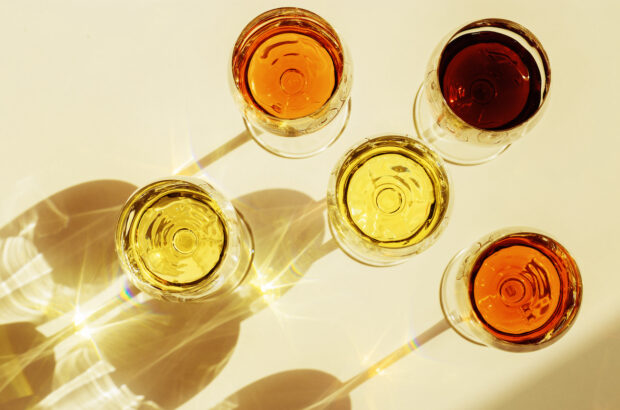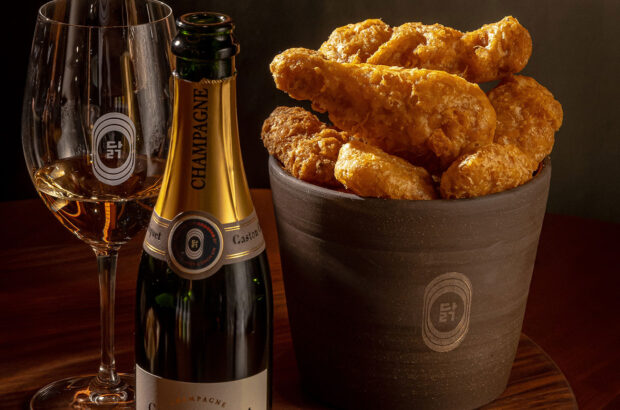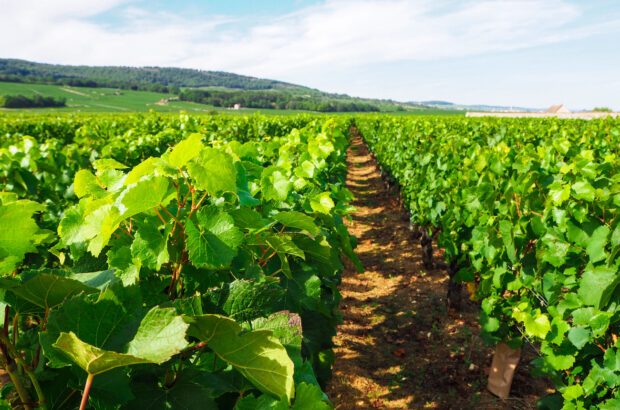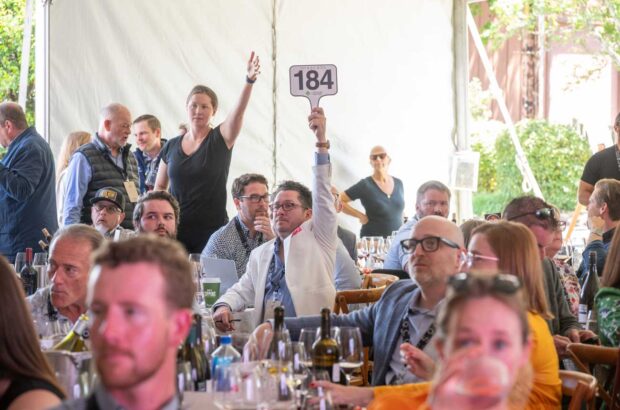The UK trade is predicting a sustained increase in fine wine prices, encouraged by ongoing interest following the Chinese New Year.
Sotheby’s Finest and Rarest Wines sale in London on 30 January achieved £1.4m (US$2.17m) with nearly all lots sold – 99.5% by value: the best hit rate in two years.
‘There was a tremendous amount of interest ahead of this sale, with a lot of absentee bidding,’ said Stephen Mould, Sotheby’s head of wine for Europe.
Purchases which were probably made for Chinese New Year, and a global shortage of high quality stock, contributed to the solid performance.
Of particular note, prices achieved for several lots were higher than those listed by merchants and brokers for comparable wines.
This scenario is often indicative of a heating market, as the most coveted wines usually sell for less at auction, even accounting for the 17.5% buyer’s premium plus VAT.
For example, a case of 1989 La Mission Haut-Brion in bond sold for £8,712 (including premium and VAT), while a similar case was on offer for £7,600 by Wilkinson Vintners. A case of 2005 Chateau Margaux, which could have been bought for £5,600 from Bordeaux Index, went for £6,292.
Paul Bowker, director of Wilkinson Vintners, noted that the increasingly ‘punchy’ prices at auction were a welcome relief.
‘Demand was fairly flat last year in relation to stocks, but supply has begun to tighten up,’ he said.
‘Prices edged up before Chinese New Year, which was quite early this year, and they seem to be carrying on in that direction.’
Bowker told Decanter.com that interest in Chateau Lafite (a case of 2006, at £6000, is up 10% over January) has helped boost prices for other wines.
Miles Davis of Wine Asset Managers (which manages two investment funds) said prices are up about 2.5% over January, based on building interest from the trade.
‘We’ve effectively been going through a bear [declining] market for five years. Prices have corrected and in many cases, first growths are back to 2007-2008 levels,’ he said.
‘But the worm appears to be turning, and we should be in for a much better time, with sensible long-term numbers like 10-20%.’
Written by Maggie Rosen







